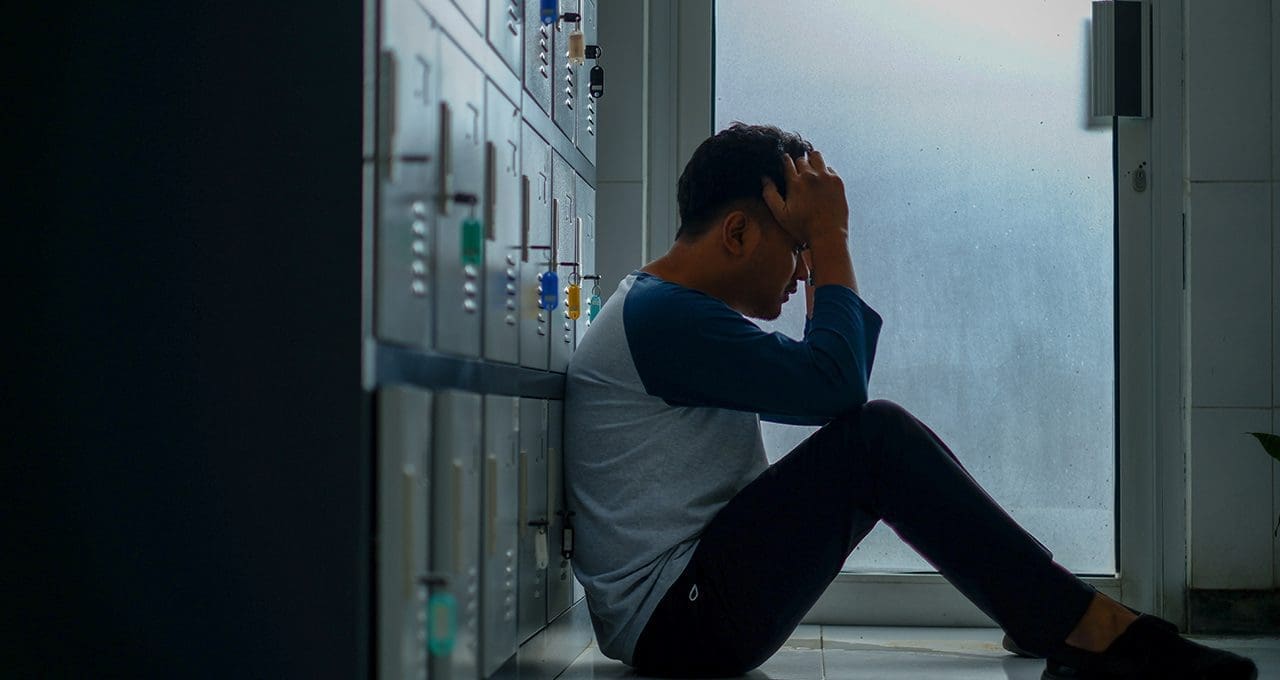
Understanding Post-Traumatic Stress Disorder
Read Time:
4.1 minutes
Categories:
Share This:
Just like your physical health, it’s important you take care of your mental health as well! Suffering from poor mental health can impact the way you think, feel, and react. Mental health illnesses can feel as bad as physical ones or maybe worse! Mental health concerns usually affect one in four people in a year, ranging from depression and bipolar disorder to obsessive compulsive disorder and post-traumatic stress disorder (PTSD).
Being unable to enjoy the blessings in life or things that once brought immense happiness is often what people with PTSD miss the most. Experiencing dangerous, shocking, and scary events are often to blame for the post-traumatic stress. While it’s normal to feel terrified when or after experiencing a traumatic situation, most people recover naturally from their initial symptoms. However, some continue to experience the terror, leading to a PTSD diagnosis.
Individuals suffering from PTSD feel chronically frightened or stressed, even when they are not going through dangerous or stressful events. Most find comfort in talk therapy sessions; Some choose the medication route; Others come to Grey Matters of Carmel for neurofeedback.
Symptoms and Signs of PTSD
Not everyone suffering from PTSD has gone through a dangerous event. Sometimes the sudden death of a loved one can cause the trauma. Symptoms usually occur early, within three months of the incident. However, in some cases, it can take years for the symptoms to occur. PTSD differs from person to person; some recover within six months, some recover in five to ten years. In most cases, the condition tends to become worse.
Only an experienced doctor with a mental health background can diagnose PTSD, such as a psychologist or psychiatrist. In order to be diagnosed with PTSD, an individual must be experiencing the following for a month:
- Re-experiencing symptoms which include frightening thoughts, flashbacks and bad dreams. Situations, words and objects often remind us of the events related to the trauma that can trigger re-experiencing symptoms.
- Cognition and mood symptoms which include extreme negative thoughts about yourself or others, no interest or pleasure in enjoyable activities, and feeling guilty. These symptoms make people feel detached from their loved ones.
- Avoidance systems which include trying to stay away from objects, people, and places which remind you of the trauma. Such things remind people of traumatic events and trigger avoidance symptoms which eventually affects the personal routine.
It is normal to face these symptoms for a few weeks after the traumatic event but when the symptoms last for a month, it can severely damage your ability to function in everyday life and activities.
How PTSD Affects Children Versus Adults
How one reacts to PTSD varies from person to person. Teens and children can have extreme reactions to trauma. However, not all of the symptoms of children are the same as those of adults. The following are the PTSD-related symptoms usually present themselves in younger children:
- Bed wetting after learning how to use the toilet.
- Unusual clinginess with an adult or parent.
- Unable to talk or express themselves following the event.
Symptoms of teens and older children are somewhat similar to those of adults – They start developing destructive, disruptive, and disrespectful behaviors. They can also believe in taking revenge.
Not Everyone Develops PTSD
While it can sound scary, it’s important to note that not everyone deals with trauma the same, nor will everyone have PTSD. There are many factors that play a vital role in whether a person is likely to develop post-traumatic stress or not such as getting hurt, childhood trauma, having no social support, seeing a dead body, feeling helpless and having extra life stress.
There are also some factors which promote recovery such as finding a support group, talk to a therapist, and trying alternative solutions such as neurofeedback training.
Let Grey Matters Be Your Solution
At Grey Matters of Carmel, we specialize in treating PTSD patients using neurofeedback training. This type of biofeedback presents real-time feedback from the activities of the brain to help harmonize brain waves naturally, without medication! During the sessions, your brain will learn how to bring abnormally slow or fast waves into the normal range, giving you the relief you so desire. We often tell people that their brains will either go through the boxes (aka memories) stored around the event, or their brains will take it all to the curb. Those who go through the boxes can experience an extreme rush of emotions, but this is where you have to trust the process and trust our team. If this happens to you, make sure you call our office right away so we can get you in for back-to-back sessions. Once we get you over the hump, you’ll be well on your way to recovery!
To schedule an appointment or a free consultation to discuss your PTSD, concussion, or migraine symptoms, contact us today!
Photo by Yosi Prihantoro on Unsplash



